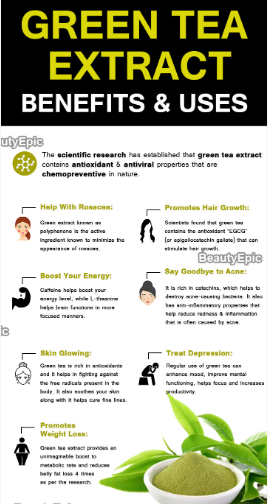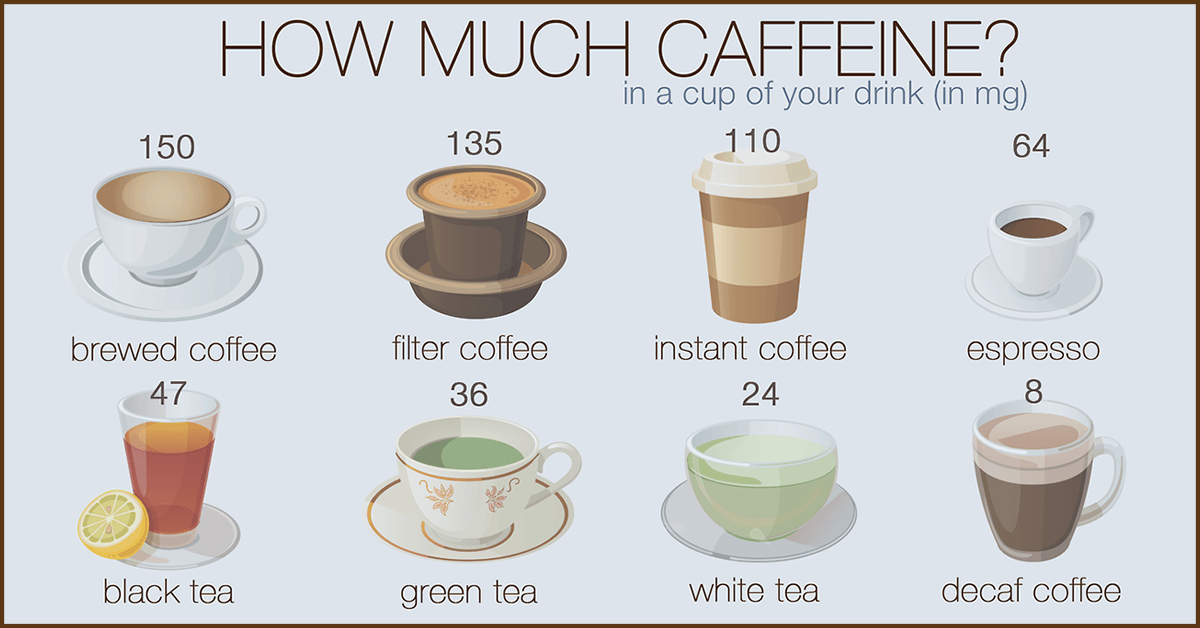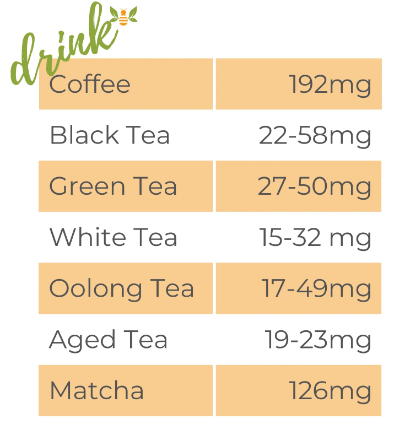Content Menu
● Understanding Green Tea Extract
● The Role of Caffeine
● How Green Tea Affects Sleep
● Timing Matters
● Potential Benefits of Green Tea Extract
● Conclusion
● Questions and Answers
Green tea has long been celebrated for its numerous health benefits, ranging from weight loss support to enhanced cognitive function. However, one question that often arises is whether green tea extract can keep you awake. This article delves into the relationship between green tea extract, caffeine, and sleep, exploring how these elements interact and what you should consider when consuming green tea.

Understanding Green Tea Extract
Green tea extract is a concentrated form of green tea, rich in antioxidants known as catechins, particularly epigallocatechin gallate (EGCG). These compounds are credited with many of the health benefits associated with green tea, including anti-inflammatory properties, improved metabolism, and enhanced brain function. However, green tea extract also contains caffeine, which can influence your alertness and sleep patterns.
The Role of Caffeine
Caffeine is a natural stimulant found in various beverages, including coffee, tea, and energy drinks. It works by blocking adenosine, a neurotransmitter that promotes sleep, thereby increasing alertness and reducing the perception of fatigue. The amount of caffeine in green tea extract can vary significantly depending on the product and its concentration.
Typically, a standard cup of green tea contains about 20-45 mg of caffeine, while green tea extract can contain much higher concentrations. For instance, some supplements may provide upwards of 100 mg of caffeine per serving. This variability is crucial to consider, especially for individuals sensitive to caffeine.

How Green Tea Affects Sleep
The impact of green tea extract on sleep can be complex. While caffeine is known to disrupt sleep, the presence of L-theanine, an amino acid found in green tea, can counteract some of caffeine's stimulating effects. L-theanine promotes relaxation without sedation, which may help mitigate the jittery feelings often associated with caffeine consumption.
However, individual responses to caffeine can vary widely. Some people may find that even small amounts of caffeine can interfere with their ability to fall asleep or stay asleep, while others may not experience any noticeable effects. Factors such as tolerance, the time of day the tea is consumed, and overall caffeine consumption throughout the day play significant roles in determining how green tea extract affects sleep.
Timing Matters
When considering whether to consume green tea extract, timing is crucial. Drinking green tea or taking green tea extract in the late afternoon or evening may lead to sleep disturbances for some individuals. In contrast, consuming it earlier in the day may provide the benefits of increased alertness and focus without negatively impacting sleep.
Potential Benefits of Green Tea Extract
Despite the concerns regarding sleep, green tea extract offers numerous health benefits that can enhance overall well-being:
◆ Weight Management: Green tea extract has been shown to boost metabolism and promote fat oxidation, making it a popular choice for those looking to manage their weight.
◆ Cognitive Function: The combination of caffeine and L-theanine in green tea can improve brain function, enhancing memory, attention, and reaction time.
◆ Antioxidant Properties: The high levels of antioxidants in green tea extract help combat oxidative stress, which can lead to chronic diseases.
◆ Heart Health: Regular consumption of green tea has been linked to improved heart health, including lower cholesterol levels and reduced risk of heart disease.
◆ Skin Health: The anti-inflammatory properties of green tea extract can benefit skin health, potentially reducing acne and signs of aging.

Conclusion
In summary, whether green tea extract keeps you awake depends on several factors, including individual caffeine sensitivity, the amount consumed, and the timing of consumption. While it can provide a boost in energy and focus, it may also disrupt sleep for some individuals, particularly if consumed later in the day.
For those who enjoy the benefits of green tea extract but are concerned about sleep, consider consuming it earlier in the day and monitoring your body's response. As with any supplement, moderation is key, and understanding your own body's reactions will help you make the best choices for your health and well-being.

Questions and Answers
Q: Can I drink green tea extract before bed?
A: It is generally not recommended to consume green tea extract before bed due to its caffeine content, which may interfere with sleep.
Q: How much caffeine is in green tea extract?
A: The caffeine content can vary widely, but it typically ranges from 20 mg to over 100 mg per serving, depending on the concentration of the extract.
Q: Does L-theanine in green tea help with sleep?
A: L-theanine promotes relaxation and may help counteract some of the stimulating effects of caffeine, but individual responses can vary.
Q: What are the health benefits of green tea extract?
A: Green tea extract is known for its antioxidant properties, potential weight management benefits, improved cognitive function, and support for heart health.
Q: How can I enjoy green tea without affecting my sleep?
A: To minimize sleep disruption, consume green tea or its extract earlier in the day and limit overall caffeine intake.































